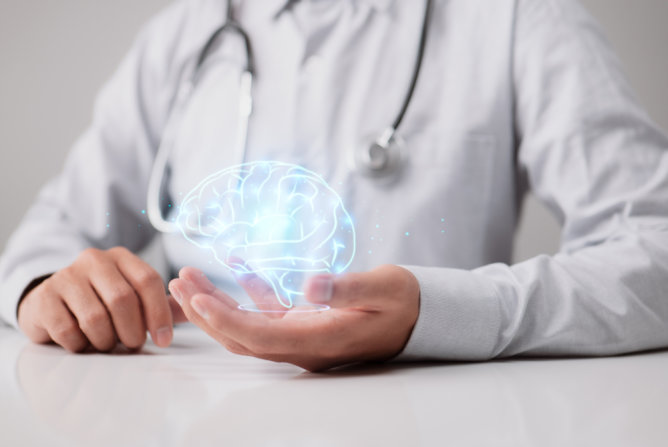
Transcranial Magnetic Stimulation (TMS) and Electroconvulsive Therapy (ECT) are two therapeutic interventions gaining attention in mental health. Understanding the pros and cons of each is crucial for informed decision-making regarding treatment options.
- Pros of Transcranial Magnetic Stimulation (TMS)
- Non-Invasive Nature
TMS is a non-invasive procedure that does not require surgery or anesthesia. Patients can undergo treatment without the risks associated with invasive procedures, promoting a safer therapeutic experience. - Fewer Side Effects
Compared to ECT, TMS typically has fewer side effects. Common side effects are mild and transient, making it a well-tolerated option for individuals seeking mental health treatment. - Outpatient Procedure
TMS is typically administered on an outpatient basis. Patients can receive treatment without the need for hospitalization, allowing for more flexibility and convenience in their daily lives.
- Non-Invasive Nature
- Cons of Transcranial Magnetic Stimulation (TMS)
- Time-Intensive
TMS treatments require regular sessions over several weeks, which may be a drawback for individuals with busy schedules. Commitment to the treatment plan is essential for optimal results.
- Variable Efficacy
While TMS has proven effective for many, individual responses can vary. Some patients may experience significant improvement, while others may not respond as well to the treatment.
- Cost Considerations
TMS can be relatively costly, and insurance coverage may vary. Patients should weigh the financial aspect when considering this treatment option.
- Time-Intensive
- Pros of Electroconvulsive Therapy (ECT)
- Rapid Result
ECT often yields quicker results compared to TMS. It can be a more suitable option for individuals in acute distress or those requiring urgent symptom relief.
- High Success Rate
ECT has a high success rate, especially for severe and treatment-resistant mental health conditions. It is considered one of the most effective interventions for certain cases.
- Applicability to Various Conditions
ECT is versatile and can be effective in treating various mental health disorders, including depression, bipolar disorder, and some psychotic disorders.
- Rapid Result
- Cons of Electroconvulsive Therapy (ECT)
- Invasive Procedure
ECT involves inducing controlled seizures through electrical stimulation, requiring anesthesia. The invasive nature of the procedure may pose risks, especially for individuals with certain health conditions. - Memory Impairment
Cognitive side effects, such as memory impairment, are common with ECT. While these effects are often temporary, they can be a significant concern for some patients.
- Hospitalization Requirement
Unlike TMS, ECT is usually administered in a hospital setting. This requirement may disrupt daily life and necessitate a more structured treatment plan.
- Invasive Procedure
To explore these treatment options further, contact South Boston TMS for comprehensive information. You may also visit NeuroStar to explore detailed insights and resources on these treatments at https://neurostar.com/.
Disclaimer
Blogs, content and other media uploaded online are for informational purposes only. Contents on this website should not be considered medical advice. Readers are strongly encouraged to visit their physician for health-related issues.




Leave a Reply